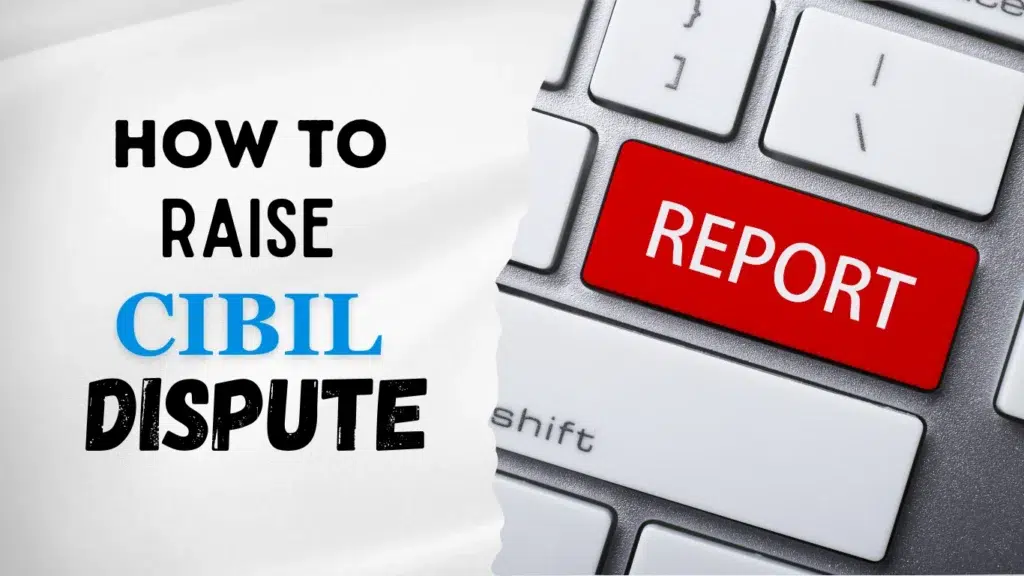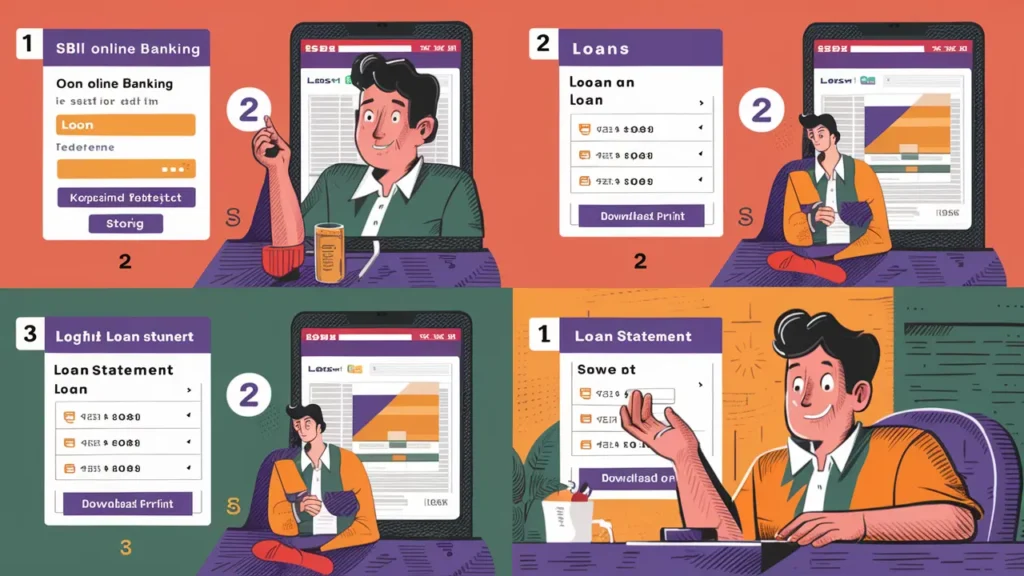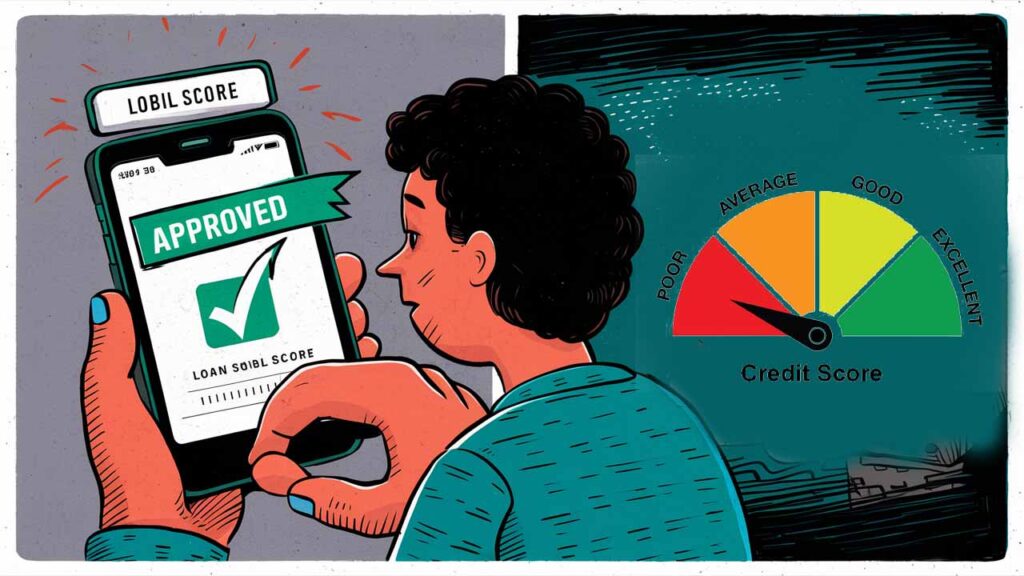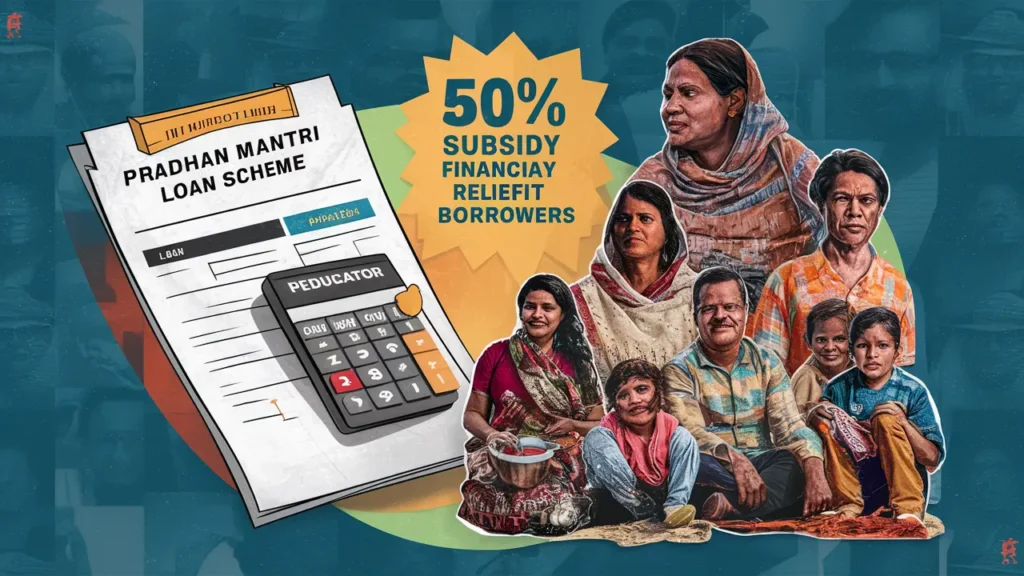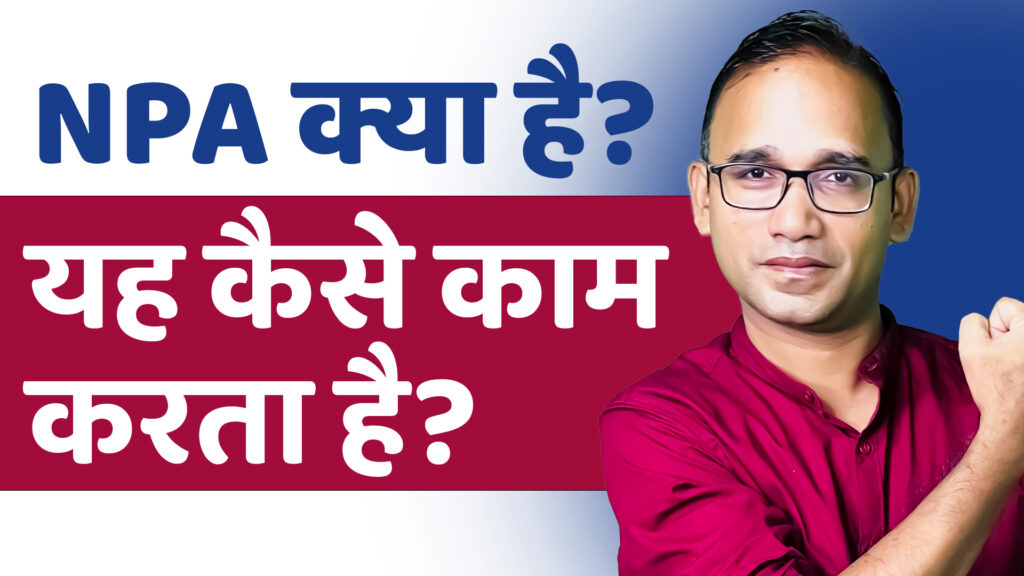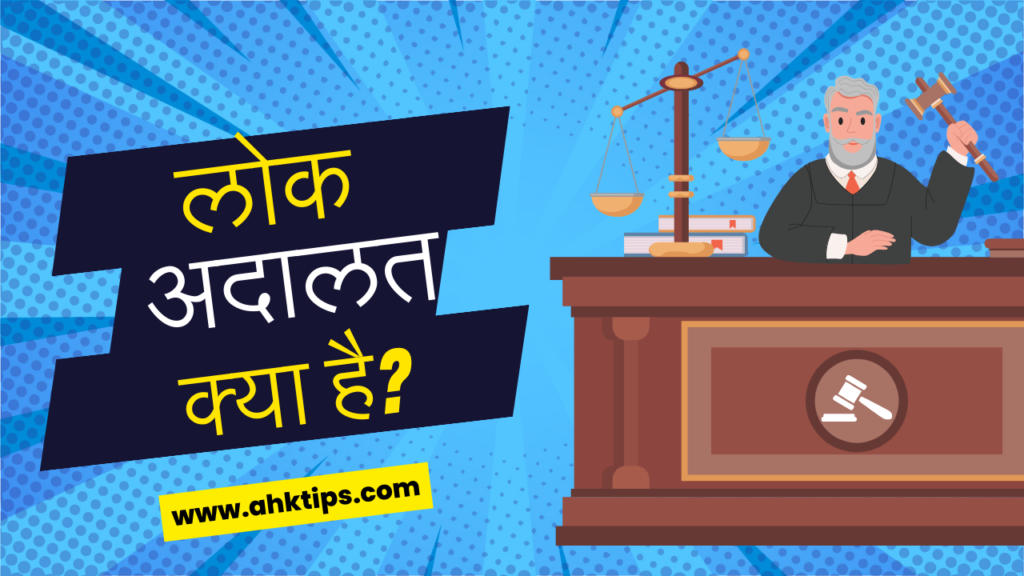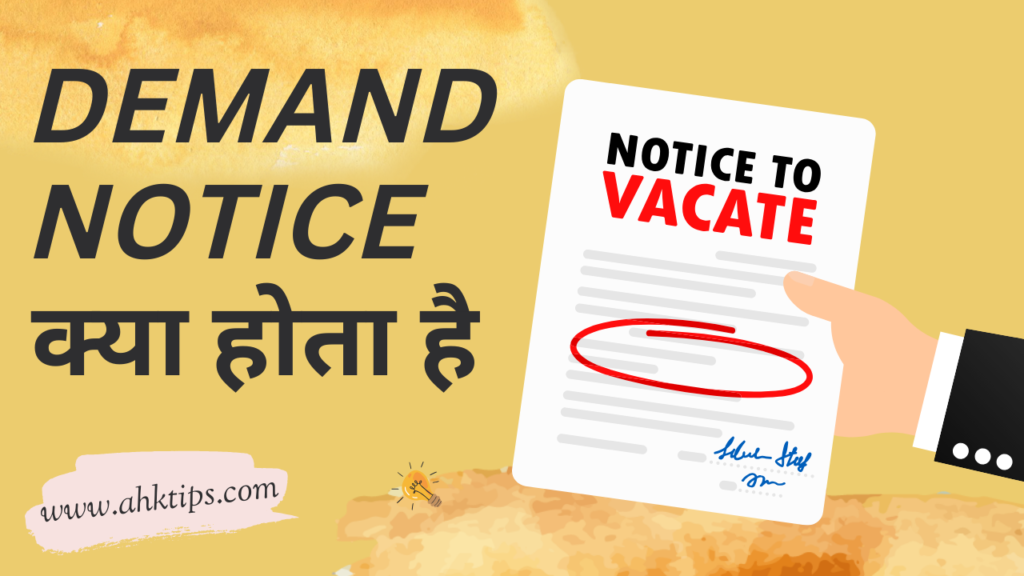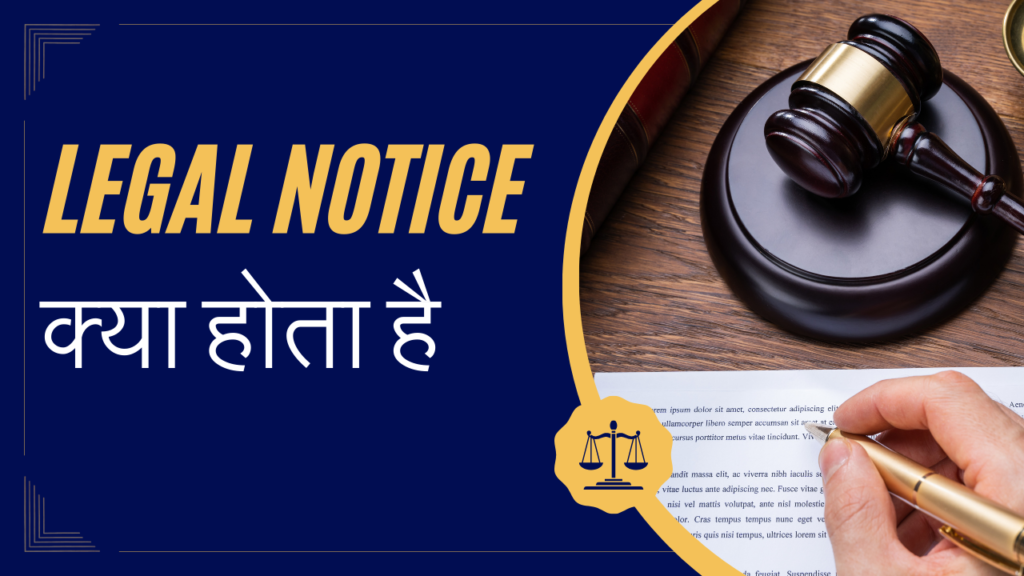Summary
The CIBIL dispute process rectifies errors in your credit report that can reduce your creditworthiness. Common errors are incorrect loan status, false duplicates, incorrect outstanding amounts, and false personal details involving your name, PAN, or date of birth. Your score can also be affected due to wrong payment history errors, including late submissions or incorrect lapsed payments. Disputes online on the CIBIL website allow you to dispute errors by providing correct information. CIBIL will correct your report when needed and validate information with a lender. Regular viewing of your report guards against creditworthiness and financial position.
Introduction
Your financial future depends heavily on your CIBIL report. It reflects your credit history and directs loan and bank lenders in making lending or credit card decisions. Your CIBIL report can, however, have some errors, such as incorrect information about yourself, wrong loan status, or false missed payments. These errors can decrease your credit rating and make credit application processing difficult. The good news is that these errors can be corrected by disputing with CIBIL. Online completion of the easy process is available. The frequent CIBIL report errors are addressed in this article, along with dispute raising strategies, and what if your dispute is rejected?
Common CIBIL Report Mistakes That You Can Challenge
Your creditworthiness is determined primarily based on your CIBIL report. However, errors in the report that can damage your credit score are not uncommon.
Personal Information Mistakes
One of the most frequently recurring CIBIL report errors is incorrect personal details. These may include:
Name and Address Mismatch
Confusion can be caused by a simple misspelling in your name or by an outdated address. Check always if your name, address, and phone number are correct and up-to-date.
Wrong PAN or Date of Birth
Wrong PAN or date of birth might cause your report to get mingled with some other person’s information. This can make your credit history bitter.
Account Related Errors
Your account information is another huge area where errors might occur. These issues frequently have a direct impact on your credit score right away.
Duplicate Accounts
At times, the same credit card or loan will appear twice. This might make you appear to have more debt than you do.
Incorrect Loan Status
A closed credit card could appear as open, and a paid-off loan might appear as current. Even if you have been financially responsible, these mistakes can harm your score.
Wrong Outstanding Amount
If the reported outstanding amount is higher than what you owe, you might have a reporting error. Check the current status of each of your credit lines at all times.
Payment History Errors
Your CIBIL score relies heavily on your payment history. Errors on this page need to be fixed immediately.
Missed or Delayed Payments Not Made by You
Should your report display a late or missed payment for which you never missed, it may be a result of false lender input information.
Erroneous Days Past Due (DPD)
You paid punctually, yet the report will sometimes display a DPD indicator. Such a mistake decreases the likelihood that you will receive new credit, in addition to damaging your score.
How to Dispute These Mistakes
Should you discover any of these typical CIBIL report mistakes, you can simply challenge them using the CIBIL website. You will have to complete a dispute form and send supporting records.
Step-by-Step Guide to Filing a CIBIL Dispute Online
It is important to know how to file a CIBIL dispute online if you have found incorrect information on your credit report. The process is simple and, through quick correction of errors, can improve your credit score.
Go to the Official CIBIL Website
Go to the official website of Transunion CIBIL to start the process. Check your location to be on the correct one and avoid data abuse or fraud.
Log in to Your Account
Log in with your registered email ID and password. If you don’t have an account, you can easily create one using your data.
Access Your Credit Report
Check your latest credit report once logged in. Go over all of the sections—personal information, account information, payment history—very carefully.
Identify the Error
Search for any errors like erroneous names, addresses, PAN, loan status, or missed payments. Inform yourself about what has to be fixed.
Fill Out the Dispute Form
Go to the “Credit Report Dispute” section of the site. You may submit your complaint through the online dispute form provided.
Select the Type of Error
You will be asked to select between personal information, account details, or ownership issues, such as the type of dispute you are experiencing. Make the correct selection to avoid delays.
Enter the Correct Information
Fill in the correct information that should replace the wrong information. As clearly and accurately as possible, describe the issue.
Submit the Dispute
Check everything after filling out the form and click submit. You will be assigned a dispute ID for tracking purposes.
Wait for Verification
CIBIL will then contact the relevant lender or bank to verify the information. The financial institution’s response will decide if this process is completed within a few days or several weeks.
Track the Status
To determine the resolution of your dispute, log in through your account whenever it is most convenient. If the dispute is approved, the mistake will be corrected, and your credit report will be altered.
CIBIL Dispute Types: Company vs. Individual Credit Report Issues
CIBIL disputes may be caused by some types of errors in personal and business credit histories. Whether you are an individual or a business, understanding the various types of CIBIL conflicts allows for better management of credit report issues.
Types of CIBIL Disputes for Individuals
Personal Information Errors
Incorrect personal details in their CIBIL report are one of the most frequently recurring issues individuals come across. Mistakes may be spelling errors on names, incorrect addresses, or outdated contact details. These mistakes might lead to confusion and affect credit approvals.
Account Status Discrepancies
Still another frequent error is the incorrect credit account status. A closed account, for example, can still appear as open or a paid-off loan may appear as unpaid. Even if you have been fiscally responsible, such discrepancies could decrease your credit score.
Payment History Errors
Very frequently occurring are payment history mistakes, too. Your credit report may reflect missed dues or late payments in error. These could undermine your creditworthiness and may be due to erroneous or delayed financial institution reporting.
Types of CIBIL Disputes for Businesses
Company Information Errors
Often, companies experience issues with erroneous CIBIL reports of corporate details. This may include mismatched registration numbers, outdated addresses, and improper corporate names. When a company is in search of credit lines or business loans, such errors could undermine its credibility.
Loan and Credit Account Discrepancies
Similar to individuals, businesses might discover errors on their credit reports. A company might learn that the outstanding balance is higher than the debt owed, or a loan is listed as past due when it was paid in full. These errors may complicate securing future corporate loans.
Co-Signer or Guarantor Information Issues
At times, a firm may encounter disagreements regarding co-signer or guarantor data. In the event the wrong individual is determined to be a guarantor on a loan or credit card, this can lead to ambiguity and result in incorrect credit reporting.
Resolving Both Kinds of CIBIL Disputes
Settling these types of CIBIL disputes requires the same steps, whether for individual or business purposes. Logging into your CIBIL account, identifying the mistake, and then filing a dispute through the official mechanism is part of the process.
How Long Does the CIBIL Dispute Resolution Process Take?
One of the most important questions that you might have is the CIBIL dispute resolution time when you raise a discrepancy in your credit report with them. Knowing the typical timeframe will allow you to manage expectations and make appropriate arrangements.
The CIBIL Dispute Resolution Process
After a complaint is filed, CIBIL investigates the relevant lender or financial institution. This process involves verification of the mistake in your report through validation by the organisation responsible for the data. It takes time to accomplish this step based on many factors.
Average Solution Time
Normally, the dispute resolution process takes thirty to forty-five days. During this time, CIBIL will contact the lender, verify the details of the dispute, and, if the mistake is confirmed, reflect the correction on your credit history. In most cases, such a timeline would be considered the norm.
Factors That Can Affect the Timeline
Depending on the character of the conflict and the response of the lender or finance institution involved, resolution time would not be the same. These determine how long it would take:
Lender response time: The lenders are slower to respond if they get large amounts of inquiry volume.
Complexity of Conflict: While conflicts involving multiple accounts or issues are time-consuming to probe, single-issue errors are easily resolved.
Additional Documentation: It will take longer if CIBIL requires additional clarification or documentation from you.
What Follows Following the Resolve?
You will receive notice of the outcome of your dispute once the review is complete. If the inaccuracy is confirmed, your credit report will be updated, and you will be notified of the correction.
Delays and How to Deal with Them
If your dispute takes longer than expected, you can contact CIBIL to check where the matter stands. At times, additional verification is necessary, which might extend the settlement period. Regularly monitoring the progress of your CIBIL account is always a good option.
What to Do if Your CIBIL Dispute Resolution is Denied
You may receive a notice when your CIBIL dispute has been denied after an altercation that you raised regarding something on your credit report.
Even though it might be infuriating, staying calm and proceeding with the necessary actions is what is important.
Understand Why Your CIBIL Dispute Was Denied
You need to begin by closely reading the rationale CIBIL has provided for the rejection. Sometimes disputes are rejected due to insufficient information or a wrong understanding of the issue.
Typical Reasons for Dismissal
- Inadequate Supporting Documents: If you don’t provide adequate evidence of the mistake, the dispute might be rejected.
- If the financial organisation finds no issue with the information given, the dispute might be waived.
- In some cases, CIBIL can disregard a dispute if it does not qualify as an error or issue.
Measures After Rejecting Your CIBIL Dispute
If your case is rejected, do the following:
Check the Dispute Outcome
Look first at CIBIL’s rejection report. Know the cause of the rejection and ensure your all the facts are correct. If needed, personally get in touch with the lender to get an explanation on the contested matter.
Submit Additional Documentation
If the CIBIL dispute resolution is denied due to insufficient evidence, gather more supporting documents.
You may always initiate a new argument in case the issue persists or the rejection is found to be unreasonable.
Escalate the Issue to CIBIL
Consider bringing it up if you have tried many times and still experience rejection.
Seek Professional Help If Necessary
If your issues with the dispute resolution process continue, consider speaking with a credit counsellor or a professional who specialises in credit report issues. They can give you guidance on how to proceed and assist in navigating tough conflicts.
Effect of CIBIL Disputes on Your Credit Score
Raising a dispute on your CIBIL report understandably raises questions about the CIBIL dispute credit score effect. Initiating a disagreement is a concern for most because it might undermine their credibility.
How CIBIL Disputes Are Managed
CIBIL initiates an investigation with the concerned lender or financial institution when you dispute their work. The lender responds to state whether the provided data is correct or not.
Impact During the Dispute Process
The information in dispute will not be considered while your dispute is being considered in calculating your credit score. This means that during the period the issue is under debate, the disputed item will not influence your score.
Positive Impact of CIBIL Disputes
At other times, mentioning a disagreement may even be beneficial to your credit score.
Example: Incorrect Late Payments
Challenging your report’s false listing of late payments you never made will assist in removing those errors.
Negative Impact of CIBIL Disputes
On the other hand, if the dispute results in a denial or if the lender confirms the accuracy of the data reported, your score may not be affected.
Example: High Outstanding Debt
If you dispute a significant outstanding balance and the lender confirms the balance as accurate, your score will not increase. The negative impact remains until the debt is paid.
What to Keep in Mind
You must monitor your report throughout, even though the dispute process does not influence your grade.
Conclusion
Maintaining a correct CIBIL report is important for financial well-being. Small mistakes in your report—even a wrong name, incorrect loan status, or false delay in bill payment—can decrease your credit score and affect your credit card or loan application prospects. Fortunately, the CIBIL dispute process enables you to easily and quickly correct these mistakes. Periodic checks on your credit report and raising a dispute if needed ensure that your credit report is accurate and transparent. Even if a dispute is rejected, don’t lose hope; attempt once again with proper documents or CIBIL for help. Monitor dispute status always and follow up as and when required.
Frequently Asked Questions (FAQS)
Ans: You can contest errors, including faulty personal information (name, PAN, address), wrong loan status, multiple accounts, erroneous due amounts, and false payment delays.
Ans: The process usually takes 30 to 45 days, depending on the complexity of the problem and the speed of response of the lender.
Ans: Should your argument be refuted, you should review the reasoning, gather more proof, and start another argument. CIBIL, or the lender personally, is another good source of clarification.
Ans: No, just debating about it won’t ruin your credit score. Once the report is amended, indeed, correcting errors will improve your score.

